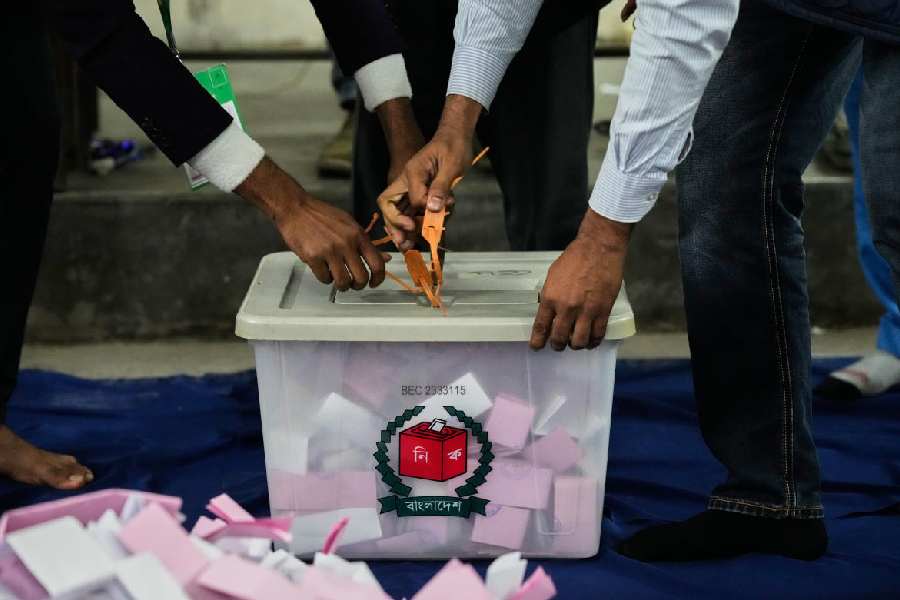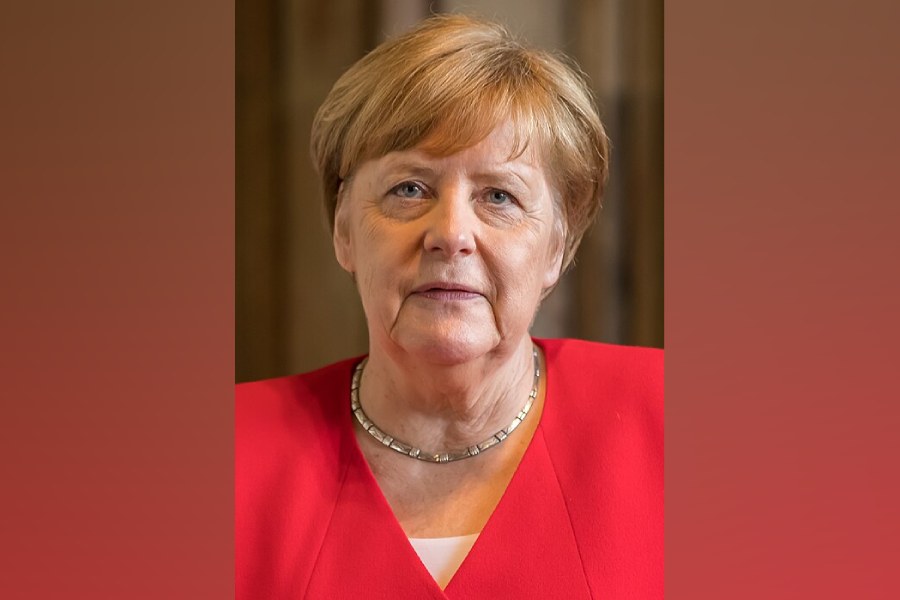New Delhi, Jan. 13: The official agency to grant photocopiers the licence to make copies of books and other study material is struggling to retain its own.
The Indian Reprographic Rights Organisation (IRRO) has lost its authorisation over alleged violation of the Copyright Act.
The 14-year-old body is the only society of writers and publishers in the country to issue licences to universities, colleges and photocopier shops to make copies.
The Union HRD ministry last month cancelled the IRRO’s registration, effectively rendering it defunct.
The agency has moved Delhi High Court, which has granted a stay on the order. The case will be heard later this week.
Ministry sources said all copyright societies must register afresh under a 2012 amendment to the act. For that, they must hold fresh elections to their governing bodies, with the rider that members cannot contest for a second successive term.
The IRRO, set up in 2000, had applied for fresh registration to the ministry after its previous two-year licence lapsed. However, the ministry rejected the application, insisting on fresh elections under the revised law.
Sources said the last IRRO election was held in April 2012, while the Copyright (Amendment) Act was passed in Parliament two months later, in June 2012.
“The IRRO has violated the provisions of the law. So its application has been cancelled,” a ministry official said.
IRRO secretary-general Anant Bhushan claimed the ministry did not give the society a hearing. “The ministry did not tell us anything why the application has been cancelled. If there was any problem, we have not been told. We were not given any chance to defend ourselves.”
He said all photocopiers, universities, libraries and institutions had to take licences from the IRRO to be able to make copies of study material.
Under the law, substantial portions of a book cannot be copied. The IRRO has fixed the limit at 10 per cent or one chapter.
The agency has also finalised a fee structure — between Rs 12,000 and Rs 24,000 annually — for universities and colleges to get a licence.
The annual fee is Rs 10 per member in government-run libraries, Rs 20 per member in government-aided libraries, Rs 40 per member in privately managed libraries and 50 paise per page of material being copied for photocopier shops.
The IRRO is supposed to give this money to authors and publishers as royalty.
But Bhushan said only 12 institutions had so far taken its licence, and central universities were among those that hadn’t. “The authors and publishers are very unhappy. They do not get any royalty. The ministry is not asking its institutions to take the licence.”
Others suggested that the IRRO should get its own house in order first. Copyright expert Alka Chawla said the organisation should hold elections first. “Under the law, it has to hold elections and seek registration fresh,” she said.
Bhushan, however, contested the need for fresh elections before the completion of tenure of the IRRO’s existing governing body.
“We are a society registered under the Society Registration Act. Under that law, our elected governing body is valid for two years,” he said.
Students aren’t complaining, as most are opposed to any licensing for photocopy of course material. “We are of the view that if any material has been prescribed under the syllabus in colleges and universities, it should be exempted from the copyright provision,” Apoorva, from JNU, said.
She said it was unfortunate and ironical that the IRRO — created under the copyright law — was violating the provisions of the very statute.
The issue came into the spotlight after key publishers moved Delhi High Court alleging a vendor in Delhi School of Economics campus had been bringing out “course packs” by reproducing study materials taken from their books without authorisation.
The publishers included the Oxford University Press, Cambridge University Press and Taylor and Francis Group.
The court has issued stay on such reproduction. The case is pending.











